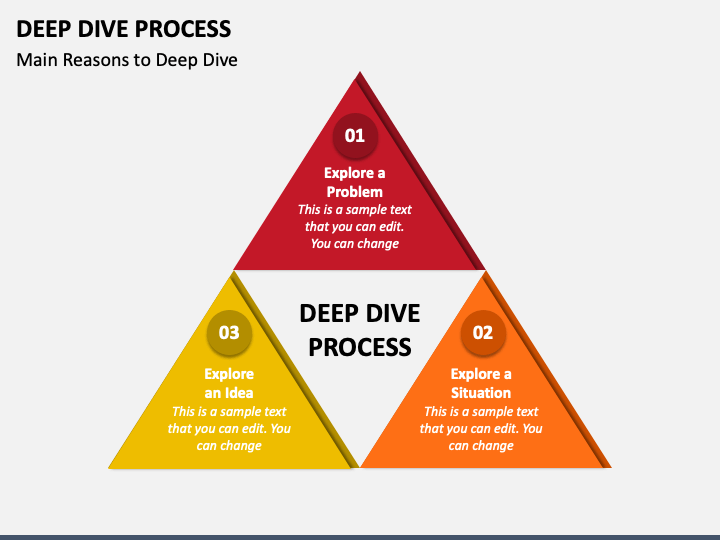Diving into the World of Second Properties: Weighing the Advantages and Disadvantages

Owning a second property can be a thrilling idea, whether you’re seeking a relaxing getaway, a potential rental income stream, or a clever investment strategy. However, before taking the plunge, it’s crucial to consider the pros and cons of owning a second property. In this article, we’ll delve into the advantages and disadvantages, helping you make an informed decision.
Pros: Why Owning a Second Property Can Be a Great Idea
- Rental Income: A second property can provide a steady stream of passive income through renting it out. This can help offset mortgage payments, property taxes, and maintenance costs.
- Investment Potential: Real estate is often a solid investment, especially if the property is located in a desirable area with a growing economy. The value of the property may appreciate over time, providing a long-term investment opportunity.
- Vacation Home: A second property can be a cozy retreat for family vacations or a peaceful escape from the hustle and bustle of daily life. Having a dedicated vacation home can be a fantastic way to spend quality time with loved ones.
- Tax Benefits: Depending on the location and type of property, you may be eligible for tax deductions on mortgage interest, property taxes, and operating expenses.
Cons: The Not-So-Glamorous Side of Owning a Second Property
- Double the Expenses: Maintenance costs, property taxes, and insurance premiums will double, putting a strain on your finances. Be prepared to absorb these additional expenses.
- Time and Management: Managing a second property can be time-consuming, especially if you need to handle renter issues, repairs, or other concerns. Consider hiring a property management company to alleviate some of the burden.
- Financial Risk: If the rental market declines or interest rates rise, you may face financial difficulties. Be cautious of market fluctuations and have a contingency plan in place.
- Illiquidity: A second property is a relatively illiquid asset, meaning it can take time to sell the property if you need quick access to cash.
The Verdict
Owning a second property can be a great idea if you’re prepared for the added expenses, responsibilities, and risks. Before making a decision, carefully weigh the pros and cons, considering your financial situation, investment goals, and personal preferences.
If you’re still interested in owning a second property, here are some final tips:
- Research the local market and rental income potential.
- Set aside a contingency fund for unexpected expenses.
- Consider hiring a property management company to help with day-to-day tasks.
- Review and understand the local laws and regulations regarding rental properties.
By being informed and prepared, you can make an educated decision about owning a second property and enjoy the benefits that come with it.





